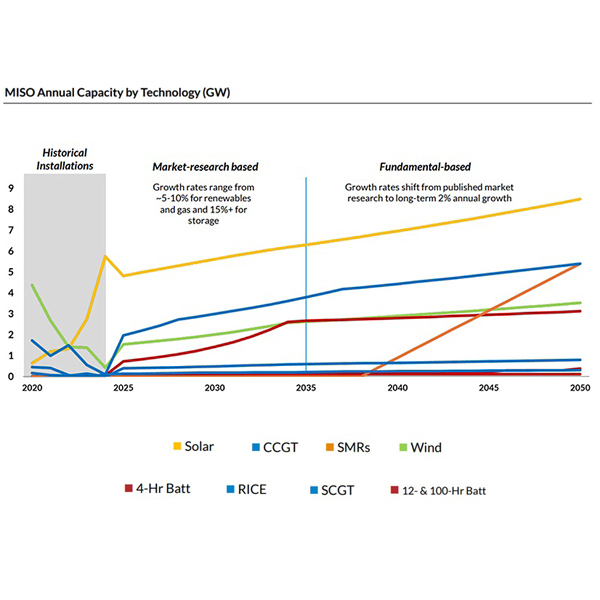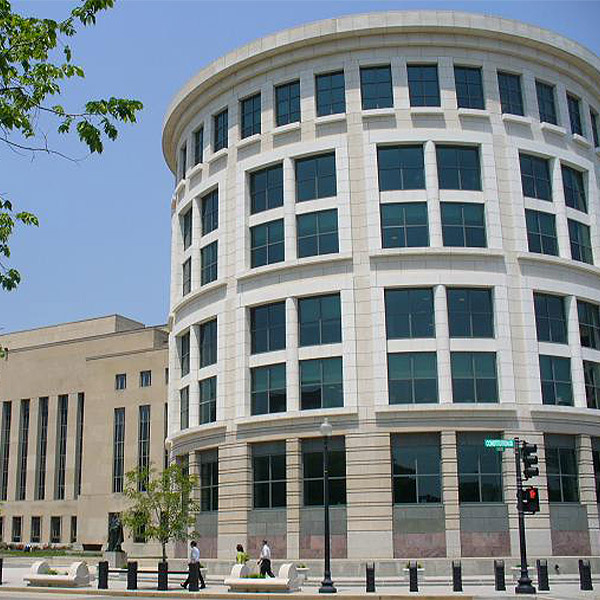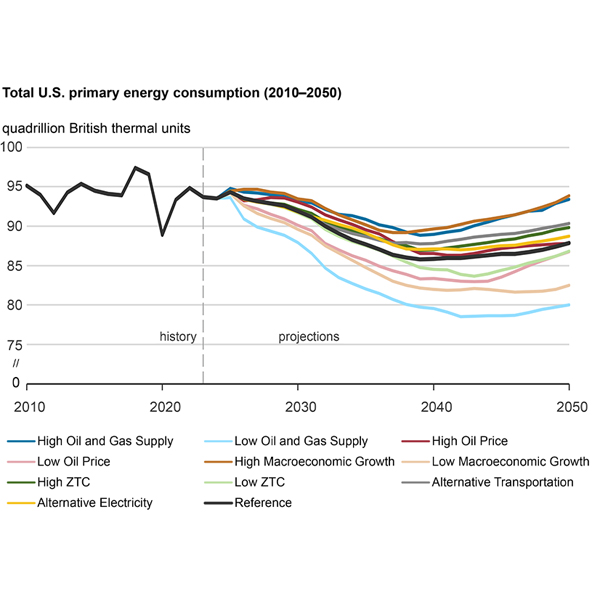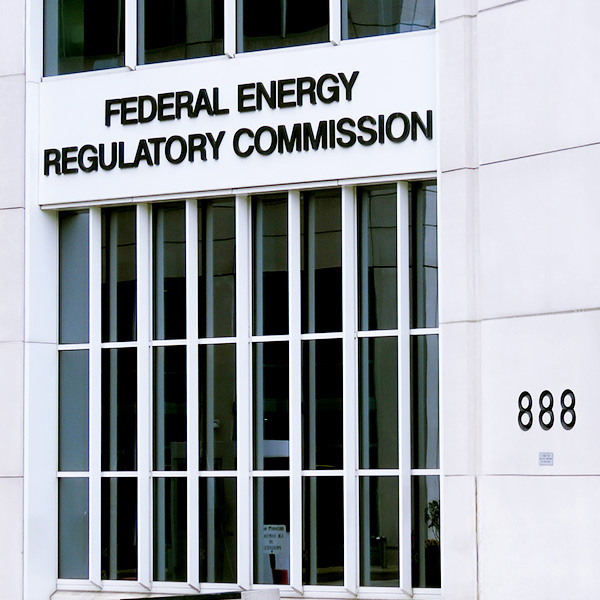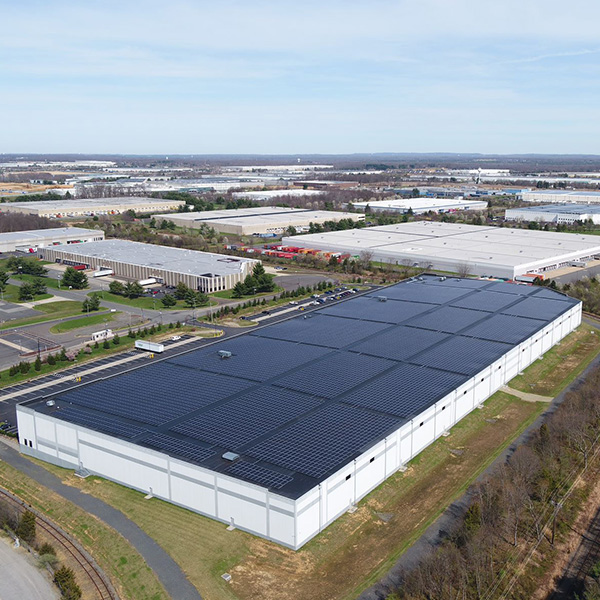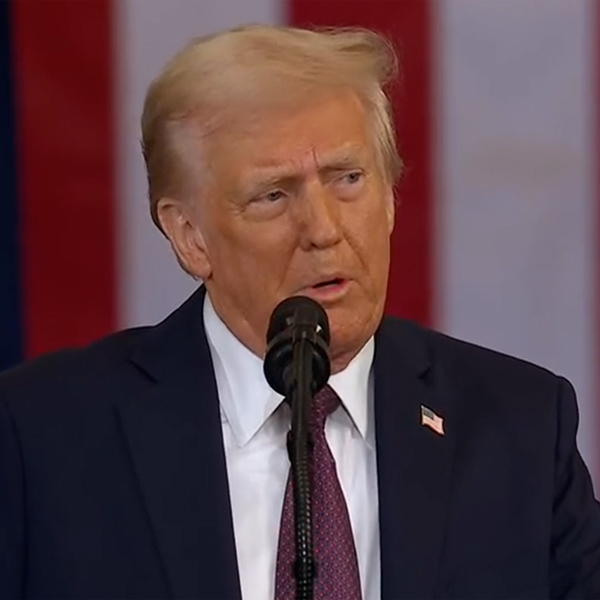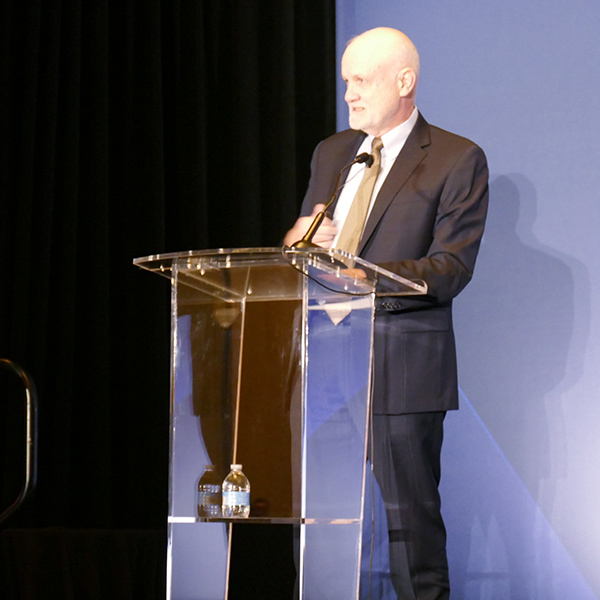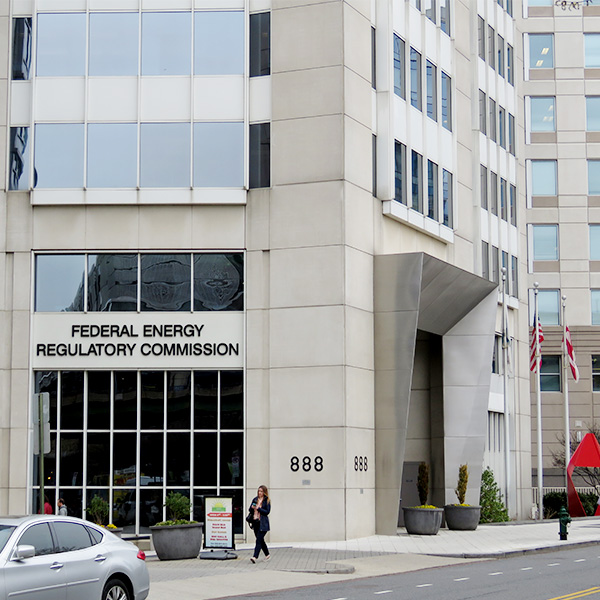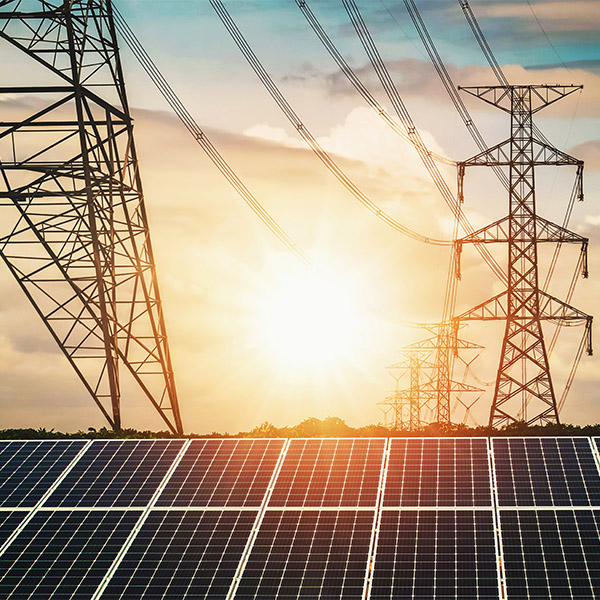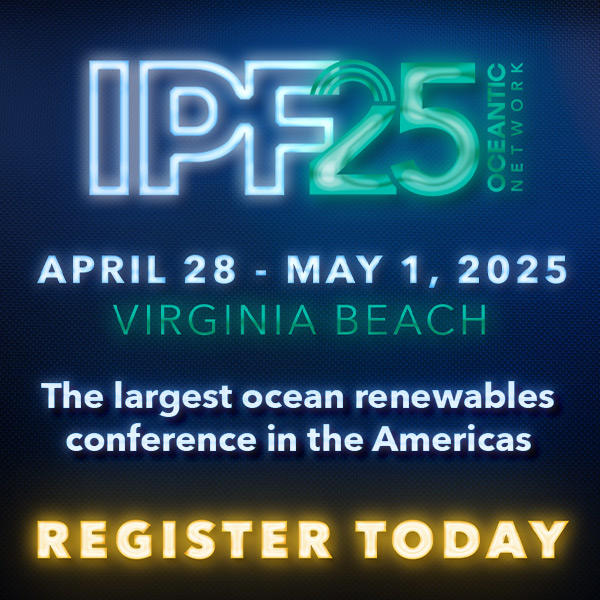FERC & Federal
The Federal Energy Regulatory Commission is an independent regulatory agency that oversees the transmission of electricity, natural gas and oil in interstate commerce, as well as regulating hydroelectric dams and natural gas facilities.
MISO is on its way to installing a fourth, 20-year future to inform transmission planning in case supply chains remain unsteady.
Opponents of the Southeast Energy Exchange Market said FERC's language calling for revisions to the market agreement was unclear and suggested changes to remove potential confusion.
The U.S. Energy Information Administration predicts sharp increases in renewable power generation and sharp decreases in coal-fired power in its 2025 Annual Energy Outlook.
Columnist Steve Huntoon discusses the "apparently unintended irony" in the Trump administration's latest executive order on FERC.
D.C. District Court Judge Loren AliKhan issued a temporary restraining order on OMB from pausing all federal grants and loans.
Minutes after he was sworn in as 47th president of the United States, Donald Trump signaled his intention to rapidly increase production of oil and gas.
President Donald Trump, who appointed Mark Christie to FERC in 2020 during his first term, has now selected him as the commission's new chair.
FERC has ordered American Efficient to defend its energy efficiency programs in PJM and MISO or pay a $722 million penalty and return $253 million in profits to ratepayers.
Stakeholders are split on whether FERC should adopt additional changes to its generator interconnection rules, or focus on implementing Order 2023 while letting specific regions go further on their own, according to comments filed after a September technical conference.
FERC and a group of regulators from 10 states began discussing gas-electric coordination at the first meeting of the new Federal-State Current Issues Collaborative.
Want more? Advanced Search
